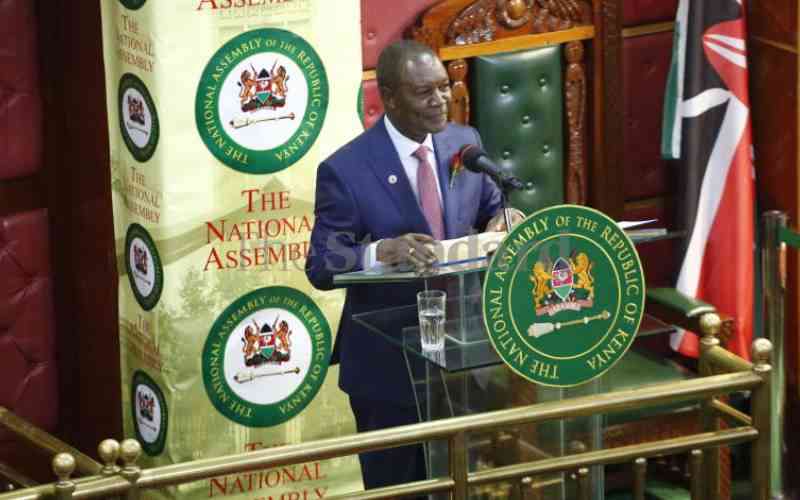×
The Standard e-Paper
Home To Bold Columnists

The education sector has received Sh628.6 billion, making it the largest allocation compared to last year's budget.
Treasury CS Njuguna Ndung'u stated that this amount accounts for approximately 27.4 per cent of the government's total budget estimates, which amount to Sh3.6 trillion.